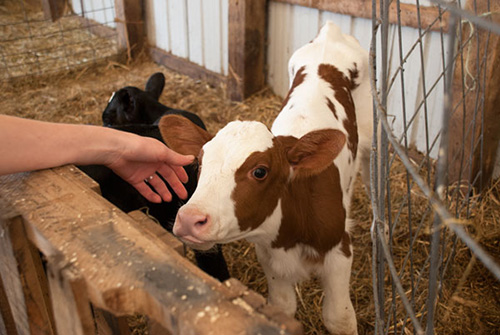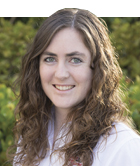
Although my calves were friendlier, I didn't really see improved cooperative behavior from my animals. However, recent research shows I might have been on to something. Austrian scientists conducted a study that indicated gentle interactions such as petting and talking to calves in the first 14 days of life reduce the flightiness of calves in the short term. They also found calves that were in the study group that received 42 minutes of interaction daily were friendlier around humans preceding and following weaning than were calves with only routine management during the study period.
Most significantly, the researchers found the calves that received daily petting averaged higher weight gains through weaning time. Other studies have tied early life growth to higher milk production in first lactation.
Boosted milk production and friendlier cows might be a nice excuse to spend a few extra minutes doting over calves, but the impracticality of offering 40-plus minutes of attention to each young calf seems to overrule it as an economically efficient strategy for improving weaning calf rates. However, the findings once again emphasize the importance of calm and nonstressful human interaction with young animals on the farm. Employee behavior toward this group can set the stage for relaxed and healthy heifers and cows.

The author is an associate editor. She covers feeding, milk quality, youth activities and heads up the World Dairy Expo Supplement. Maggie was raised on a 150-cow dairy near Valley Center, Kansas, and graduated from Kansas State University with degrees in agricultural communications and animal sciences.







